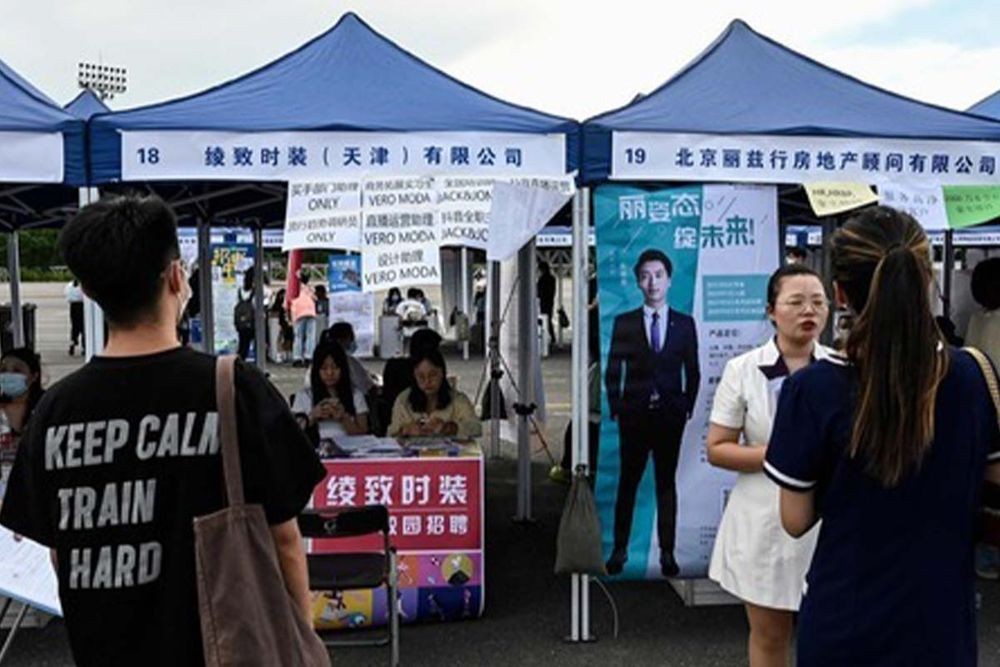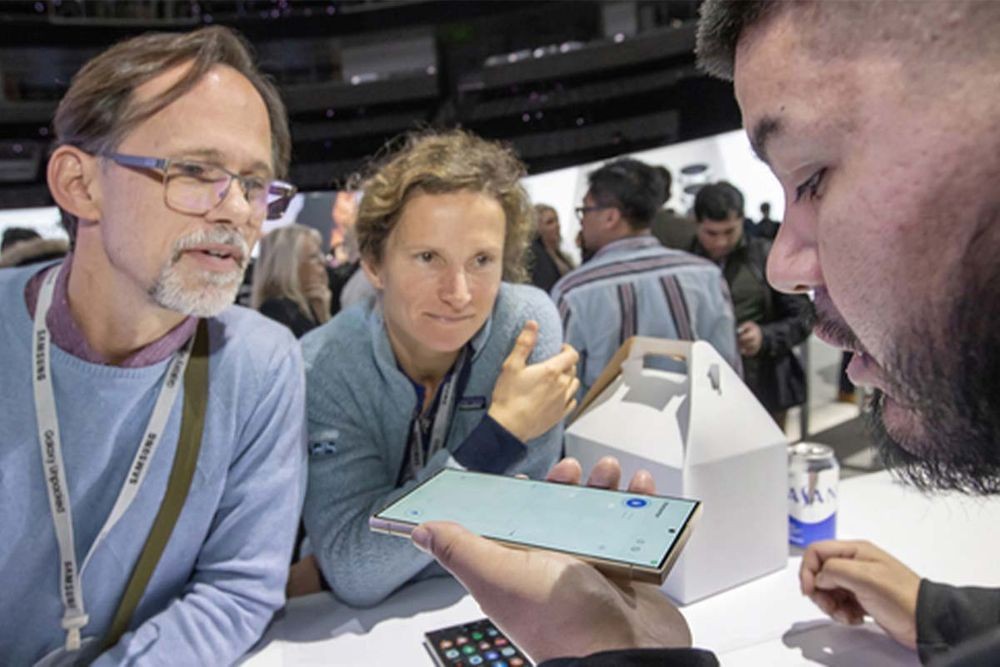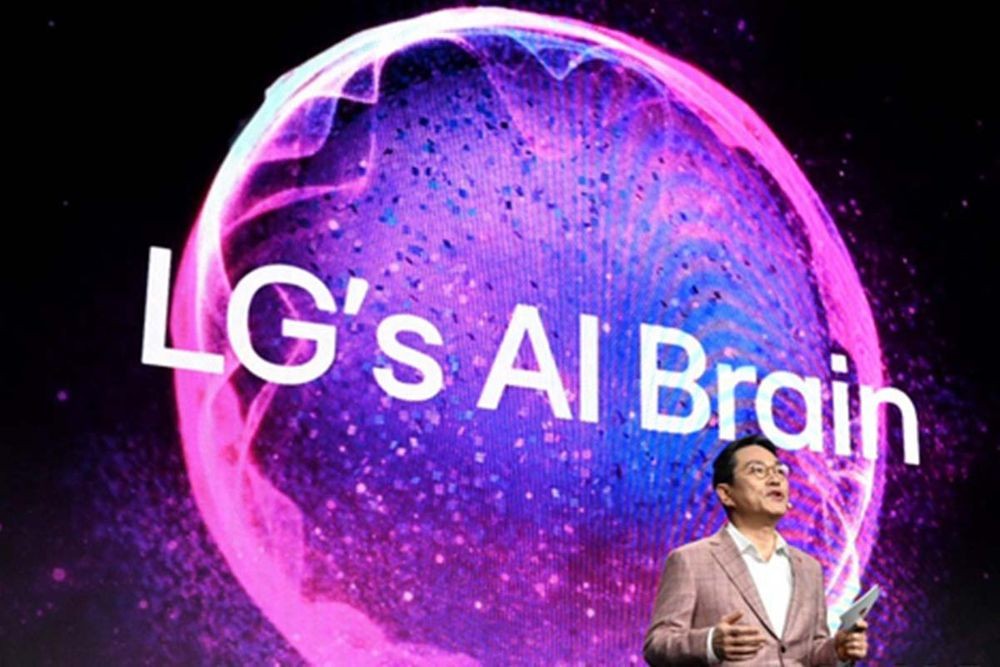
The New York Times reported on March 22nd that China had produced the most top-level AI researchers, citing a report from the MarcoPolo think tank under the University of Chicago’s Paulson Institute, titled “The Global AI Talent Tracker.”
MarcoPolo conducted a focused analysis of the authors of each paper presented at the NeurIPS Conference in December 2022 to determine the distribution of top AI scientists. The authors submitted 10,441 papers to the conference, of which 25.7% were accepted. NeurIPS boasts a very high paper acceptance rate among popular conferences. According to the survey, 47% of the authors were Chinese, a significant increase compared to 29% in 2019.
Experts attribute this phenomenon to China’s hefty investment in AI education. MarcoPolo’s Managing Director and Co-Founder, Damien Ma, said, “China has expanded its scale by adding AI programs to over 2,000 undergraduate schools since 2018, and there are over 300 diverse and high-level programs in the top universities.”

However, 57% of those classified as advanced AI researchers work in American universities and companies, making the US a black hole that absorbs all the world’s advanced AI talent. Over 60% of the researchers currently working in the US are foreigners, with Chinese researchers accounting for a high 38% and Americans at 37%. In 2019, 27% of the advanced AI talent in the US was Chinese, and 31% were Americans. China saw a 10% increase, while the US saw a 6% increase.
Matt Sheehan of the Carnegie Endowment for International Peace said, “These data show how important Chinese advanced researchers are to the US AI market. The US has risen to a global leader in AI because it continues to attract and retain talent from China. The analysis shows that the US is still attractive in the industry.”
Around 77% of foreigners who obtained a Ph.D. in the US did not return to their home country and stayed in the US, significantly contributing to making the US the global center of the AI world.
Meanwhile, Google tops the list of AI research institutions where many advanced AI talents work. Stanford University follows them in second place, Tsinghua University in third, MIT in fourth, Carnegie Mellon University and Beijing University tied for fifth, UC Berkeley in sixth, Microsoft in seventh, Meta in eighth, Oxford University in ninth, and ETH Zurich in tenth. Notably, universities are the top-tier research institutions for advanced AI talents.
In response, US government agencies are stepping up efforts to recruit AI talent. They actively attract talent with AI-related technology by creating new positions, such as Chief AI Officer. In February, the US Department of Justice announced that it had hired its first Chief AI Officer. With the recent appointment of Chief AI Officers in the Department of Education, General Services Administration, and Department of Housing and Urban Development, the development of the AI industry is expected to be more active.
Federal public servants, like private companies, overwhelmingly respond that they feel a sense of urgency that they will fall behind if they do not hire generative AI due to its rapid development. Kyleigh Russ, a senior advisor to the deputy director of the US Office of Personnel Management (OPM), said, “Over the past five years, as these new tools have emerged and groundbreaking technologies have appeared one after another, there is a widespread recognition that the government needs to quickly adopt industries with high demand, such as the AI industry.”

LG has announced plans to establish its AI graduate school in tune with this market situation. According to the company, it is known as a corporate graduate school that officially grants master’s and doctoral degrees. It was established to respond immediately to the rapidly increasing global demand for AI talent.
It also aims to provide field-customized education and reduce unnecessary re-education through graduate school. The National Assembly enacted the “Special Law for Advanced Industry Talent” at the end of 2023. The law is expected to be enforced in January 2025. LG announced plans to operate an AI graduate school following the legal schedule.

.










Most Commented